|
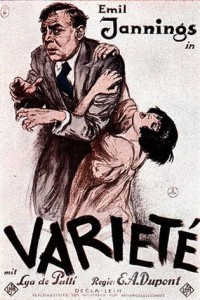
Synopsis:
A side-show manager (Emil Jannings) leaves his wife (Maly Delschaft) and infant child to run away with a beautiful orphan (Lya De Putti), and they begin a new life together as trapeze artists. Their happiness is compromised, however, when a world-famous performer (Warwick Ward) asks them to join his team, and Ward seduces De Putti.
|
|
Genres, Themes, Actors, and Directors:
- Carnivals and Circuses
- Femmes Fatales
- Flashback Films
- German Films
- Love Triangle
- Silent Films
Review:
Directed by E.A. Dupont, Variety — a.k.a. Jealousy (a more fitting title) — was one of the most popular films in the world the year it was released, though it was notoriously censored and cut down severely in length before American audiences were allowed to view it (see the All Movie review for more information). It remains a little-seen yet engaging tale of betrayal and jealousy, set within the seamy-by-default world of carnivals and circuses, with one particularly hair-raising scene taking place during a death-defying trapeze act. Jannings is likely best known for his central role in The Blue Angel (1930) with Marlene Dietrich, and there are certainly parallels between the two sorry protagonists, each of whom allow seduction by a young temptress to lead to their downfall. Dupont, working with D.P. Karl Freund, films the story with Expressionist flair, incorporating hints of neo-realism as well (as in the shot of the downtrodden young women Jannings manages in his sideshow).
Note: Interestingly, Jannings is presented here as somewhat of a feminized caretaker, given that we watch him changing his infant son’s diaper (surely one of the earliest instances of this on screen!), and in general taking more ownership over his son’s well-being than one would expect; it’s unfortunate that all narrative threads relating to his former marriage and family are dropped once he runs away with De Putti.
Redeeming Qualities and Moments:
- Fine central performances

- Expressionistic direction
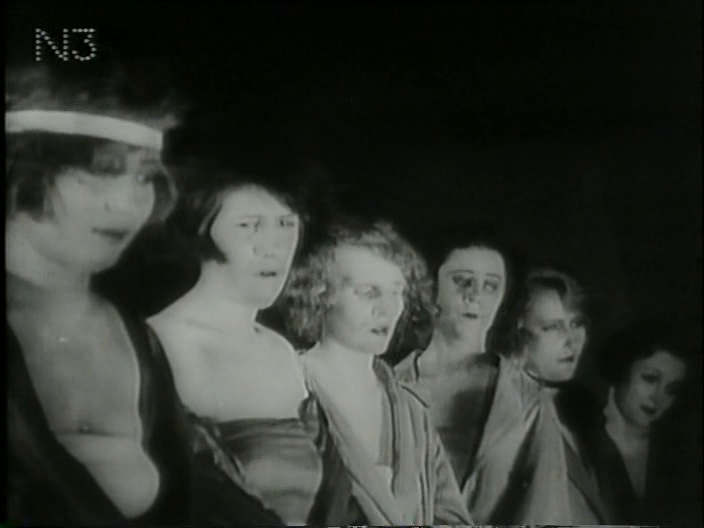
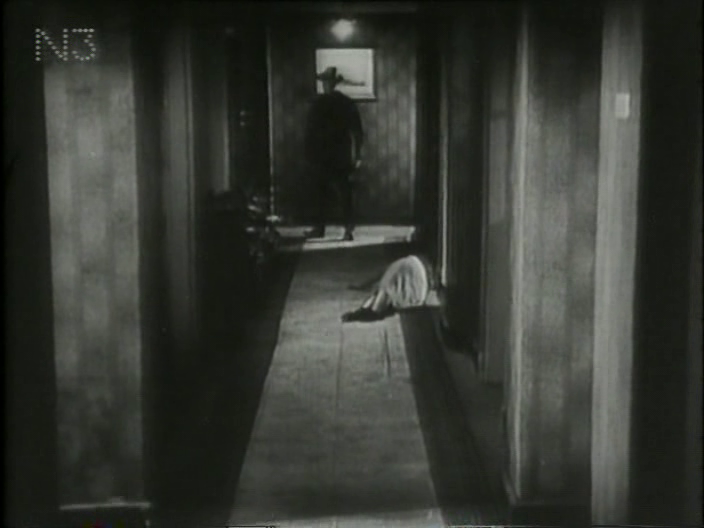
- Karl Freund’s cinematography
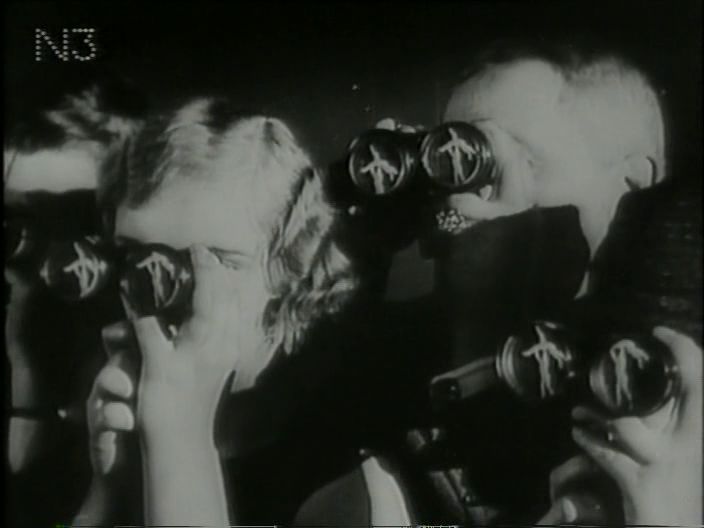
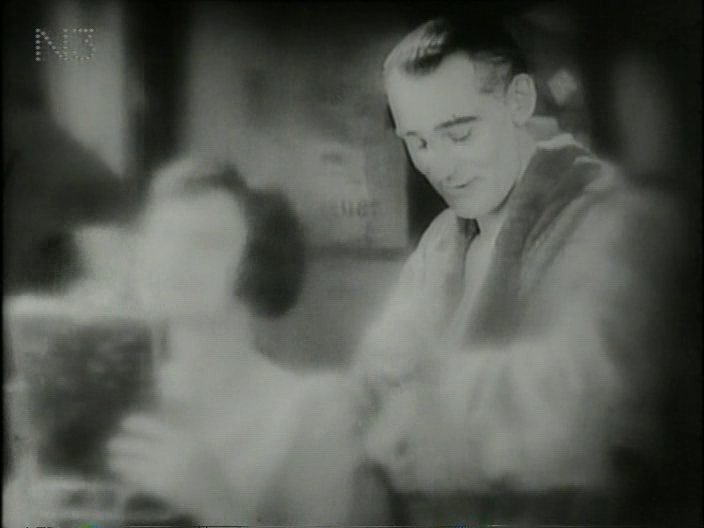
Must See?
Yes, as a fine silent melodrama. Listed as a film with Historical importance in the back of Peary’s book.
Categories
Links:
|






One thought on “Variety (1925)”
First viewing. Not must-see, though it holds strong value for those with a particular interest in German silents.
An exercise in form over content, the plot of this film is so simple that one could almost watch the visuals alone, ignore the dialogue cards, and still follow the plot. ~which is to say that the story of jealousy is so standard that it alone is of little interest.
That said…visually, the film is almost endlessly impressive. Freund’s work as DP (along with a hat tip for the film’s overall production design) is more or less what keeps the film going and what holds the viewer’s attention.
It’s understandable that the film was as popular in its time as it was. It’s certainly arresting – or, rather, its power could have very easily captured audiences when the film was released. However…popularity in the period is one thing…and shelf-life is another. (For example…75 years on, ‘Gone With the Wind’ maintains its popularity for a very good reason: it has staying power.)